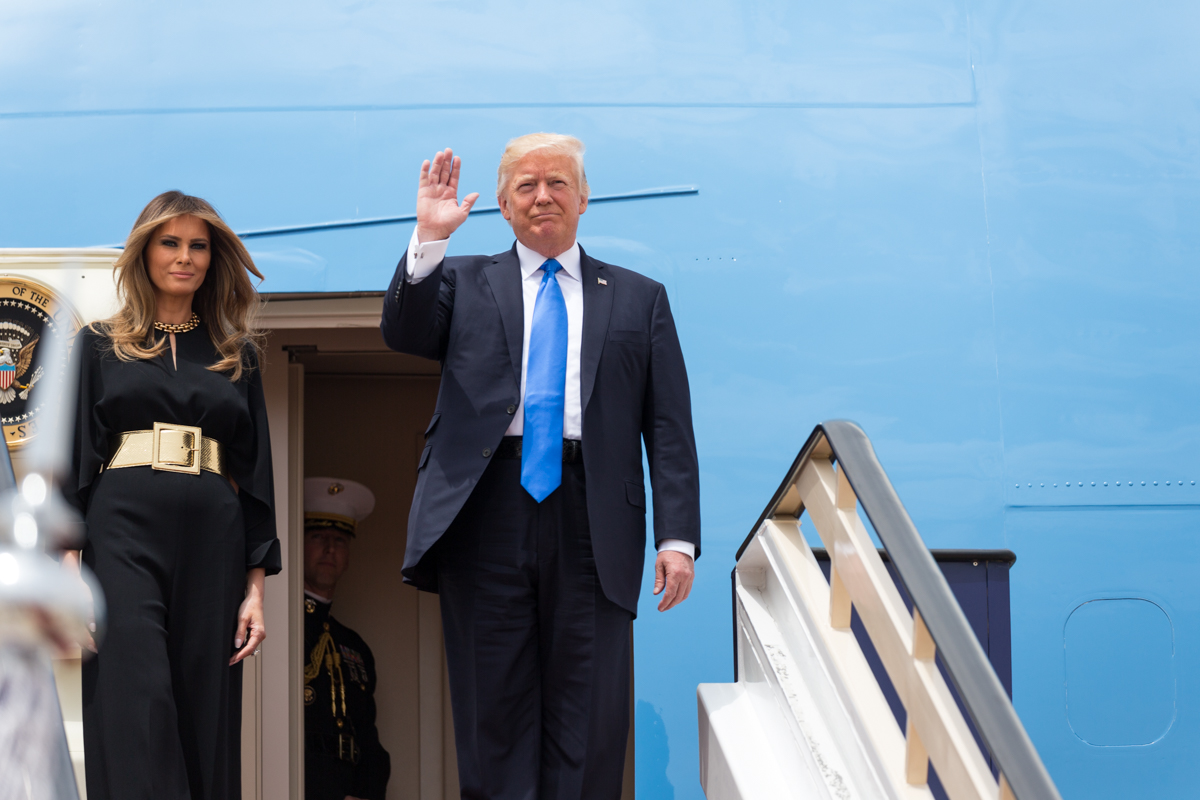
🧭 Trump’s Position: Conflict or Strategy?
In a controversial shift, former President Donald Trump has called for reconsidering economic sanctions on Russia, arguing they might hinder peace negotiations in Ukraine. Trump described Russian President Vladimir Putin as "gone absolutely crazy," yet he emphasized needing “two weeks” before deciding on new penalties.
This softer tone has sparked alarm among US allies in the European Union, where leaders continue to advocate for more aggressive action. While Trump claims his position seeks to “end the war sooner,” critics say it could fracture transatlantic unity.
🇪🇺 Europe’s Tougher Sanctions
Meanwhile, the European Commission unveiled its 14th round of sanctions against Moscow, targeting “shadow fleets” and oil facilitators helping evade embargoes.
Commission President Ursula von der Leyen stated that sanctions remain our most powerful weapon
to force Putin to the negotiating table.
This week, leaders from France, Germany, and Poland expressed concerns that the US might deviate from its united front, possibly weakening ongoing diplomatic pressure. Read full report.
💥 A Divided Alliance: Geopolitical Fallout
The potential split in policy could damage long-term cooperation between NATO members. Analysts believe that if Trump gains influence over U.S. foreign policy again, he may redefine America’s role in the Ukraine war entirely. That could embolden Russia while isolating Washington from Brussels.
🧠 Realism or Political Opportunism?
Supporters argue Trump’s move is a calculated attempt to open diplomatic channels with Moscow, but critics warn it might reward aggression. “This is not pragmatism — it’s surrender in disguise,” warned a senior EU diplomat.


0 Comments